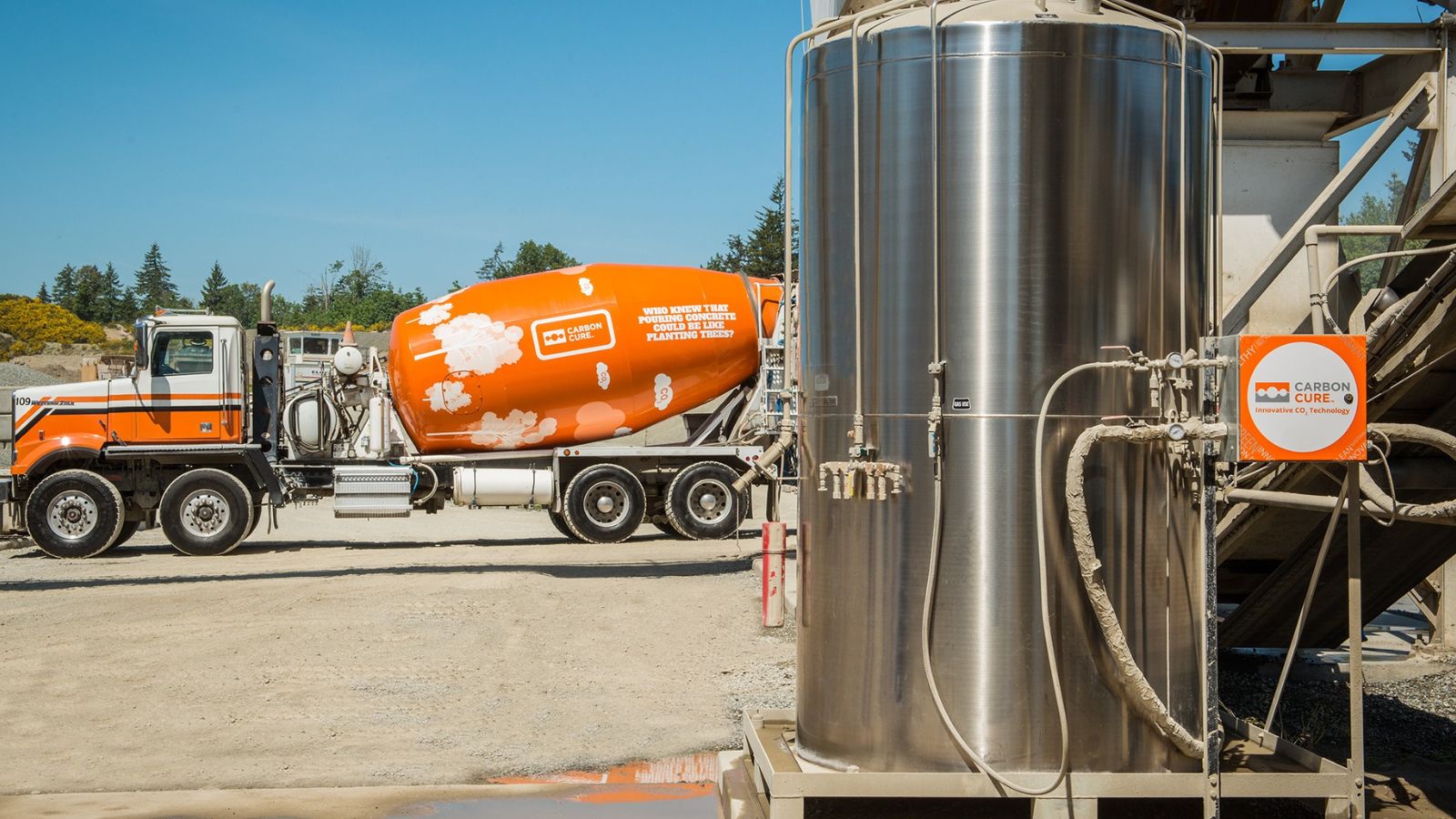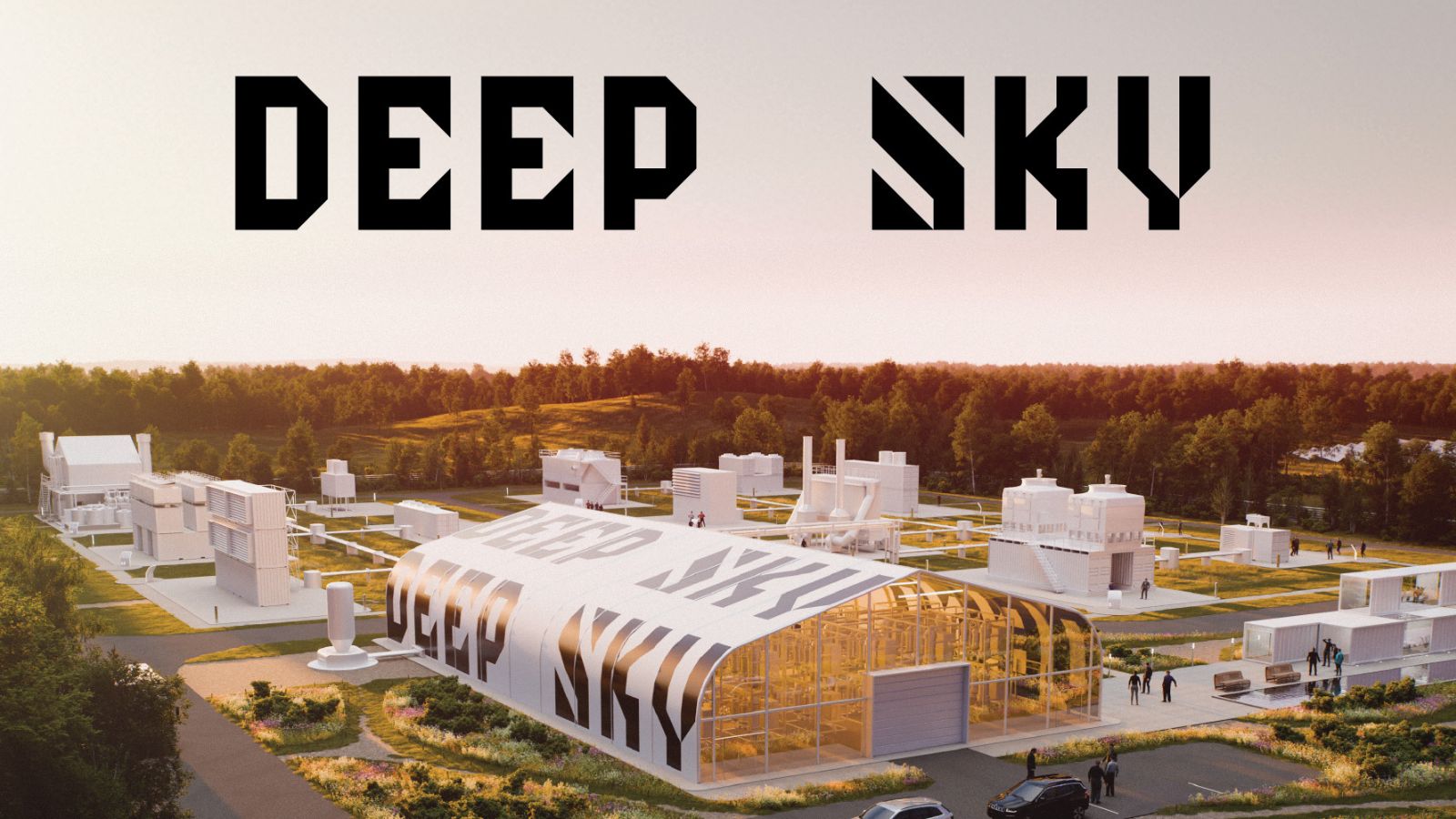Canada has long punched above its weight in science and technology, but the next decade may be its most defining yet. From AI breakthroughs to quantum leaps and green energy revolutions, Canadian startups, research centers, and tech firms are developing innovations poised to reshape industries globally. Here are 22 Canadian technologies that will shape the next decade:
D-Wave’s Quantum Annealing Process

Burnaby-based D-Wave is on the frontier of quantum computing with its annealing-based systems designed to solve highly complex optimization problems. Unlike traditional computers, which calculate one possibility at a time, D-Wave’s quantum processors analyze multiple outcomes simultaneously. This makes them ideal for logistics, drug discovery, and climate modeling. With partnerships across global tech firms and research institutions, D-Wave is proving that commercial quantum solutions are not a fantasy and can become a Canadian export.
CarbonCure’s Concrete Tech

Halifax-based CarbonCure injects captured CO₂ into concrete during production, locking carbon away while strengthening the final product. The result is a greener, more durable building material that lowers emissions without compromising quality. CarbonCure’s technology has already been adopted in hundreds of plants worldwide and even featured in Amazon and Microsoft’s climate-neutral projects. As construction continues to account for a massive share of global emissions, this Canadian innovation is poised to become the global standard for low-carbon concrete.
Deep Genomics’ AI Drug Discovery

Based in Toronto, Deep Genomics uses artificial intelligence to predict how genetic mutations cause disease and to design RNA-based treatments. By analyzing massive biological datasets, the platform can simulate how thousands of genetic therapies might perform, without ever needing a test tube. Their work in precision medicine has already yielded drug candidates for rare and chronic diseases. As pharma pivots toward personalized, data-driven healthcare, Deep Genomics’ approach could drastically reduce R&D costs and bring treatments to market faster.
General Fusion’s Magnetized Target Fusion

General Fusion, headquartered in British Columbia, is taking a radically different approach to fusion energy. Unlike traditional reactors, which use massive lasers or magnetic fields, General Fusion compresses plasma using pistons and liquid metal, creating fusion conditions on a smaller, more scalable scale. Backed by Jeff Bezos and partnered with the UK’s Atomic Energy Authority, the company is building a major demonstration plant in England. If successful, this Canadian tech could deliver the world’s first commercially viable fusion power, solving energy and climate challenges in one go.
Ecobee’s Smart Grid Integration

Toronto-based Ecobee helped pioneer the smart thermostat, but its next leap is grid-responsive energy systems. These thermostats save homeowners money, and they communicate with utility providers to balance grid loads in real time. This demand-side energy management is crucial as cities electrify and face climate-related surges. Ecobee’s expansion into smart lighting and home energy storage shows its vision goes beyond temperature, and that it is building the infrastructure for a decentralized, intelligent energy grid.
BenchSci’s Biomedical Machine Learning

BenchSci, a Toronto-based startup, is using machine learning to decode vast amounts of scientific literature and experimental data to accelerate biomedical research. Its platform helps scientists select the right reagents and predict experimental outcomes, significantly reducing the time and money wasted on failed experiments. With backing from major pharmaceutical companies and adoption in more than 15 of the top 20 global drug firms, BenchSci’s approach is making lab work faster, more efficient, and less costly. This Canadian platform has the potential to cut years off drug discovery timelines around the world.
Terramera’s BioPesticide Innovation

Vancouver-based Terramera is revolutionizing agriculture by replacing chemical pesticides with plant-based alternatives that are both effective and environmentally friendly. Using its proprietary Actigate™ technology, the company enhances the delivery of active ingredients, allowing lower doses to be used while increasing efficacy. Terramera’s mission is to reduce global synthetic pesticide use by 80%, which is a target that is already earning attention from farmers and regulators.
Xanadu’s Photonic Quantum Computing

Toronto startup Xanadu is building quantum computers using light, not superconductors. This photonic approach means devices can operate at room temperature, using scalable silicon-based chips instead of complex cryogenic systems. Xanadu’s open-source platform, PennyLane, is already being used globally to build and test quantum algorithms. With applications in materials science, cryptography, and finance, the technology could democratize quantum access and lower entry barriers. If successful, Canada may lead the world in the race to build the most accessible, energy-efficient quantum computers ever created.
GHGSat’s Emissions Monitoring Satellites

Montreal-based GHGSat has launched a fleet of small satellites capable of detecting greenhouse gas emissions with unprecedented precision, down to individual facilities. This data is crucial for regulators, corporations, and researchers seeking to verify climate commitments and pinpoint leaks. GHGSat’s clients include government agencies and major energy firms, and its data has influenced global climate negotiations. As climate accountability becomes more urgent, Canada’s space-based approach is proving that transparency from orbit is more essential than most realize.
Clear Blue Technologies’ Smart Off-Grid Power

Toronto’s Clear Blue Technologies is making renewable energy reliable in the most remote corners of the globe. Their smart off-grid systems use solar and wind to power everything from telecom towers to streetlights, while real-time software ensures uptime and efficiency. In places where traditional grids cannot reach or frequently fail, Clear Blue’s technology is a lifeline. The system has already been deployed in over 30 countries, and it is gaining traction in emerging markets, solving both connectivity and clean power challenges in one stroke.
Protein Industries Canada’s Plant-Based Supply Chain

Based in the Prairies, Protein Industries Canada is building the world’s most advanced supply chain for plant-based protein from seed breeding to food innovation. By investing in pea, canola, and lentil protein research, they are creating healthier, more sustainable meat and dairy alternatives. Their work supports farmers, startups, and food manufacturers across the country, and their partnerships with international companies hint at a global market push. As the world looks to cut emissions through food, Canada’s agri-tech leadership could make it a plant-based powerhouse in the decade ahead.
PAICE – Pan‑Canadian AI Compute Infrastructure

Canada is building a muscular compute backbone for AI with PAICE, the Pan‑Canadian AI Compute Environment. Launched under phase two of the national AI strategy, PAICE unites institutions like Mila, Amii, Vector, and Digital Research Alliance to offer shared supercomputing infrastructure. Equipping universities and labs across Quebec, Ontario, and Alberta ensures broad access to high-performance computing. With priority access for leading researchers and standardized, secure environments, PAICE enables cutting-edge innovation without geographic barriers.
Canadian Sovereign AI Compute Strategy

The 2024 federal budget unveiled a $2 billion Sovereign AI Compute Strategy, aimed at securing Canada’s AI edge. Up to $700 million supports the build-out of private AI data centres, $1 billion invests in public supercomputers for research and national security, and $300 million helps SMEs access affordable compute through an AI Compute Access Fund. This multi-tiered approach ensures Canadian talent and businesses have the infrastructure they need, while keeping data and innovation under Canadian governance.
Cohere’s AI Compute Expansion

Toronto-based Cohere just secured a federal investment of $240 million to build a cutting-edge AI data centre, the first project under Canada’s Sovereign AI Compute Strategy. Expected online in 2025, the facility will deliver critical compute capacity for Cohere and the broader AI ecosystem. By anchoring compute infrastructure domestically, Canada ensures its AI champions remain rooted at home, with scalable resources for innovation and competition. This move also signals the government’s willingness to invest in private-sector leaders that can carry Canadian AI globally.
First AI Minister Appointed

For the first time, Canada appointed a cabinet-level Minister of Artificial Intelligence and Digital Innovation, Evan Solomon, highlighting AI’s growing strategic importance. This dedicated portfolio centralizes AI policymaking, regulation, and cross-government coordination. It also communicates to global partners that Canada recognizes AI as a pivotal economic and ethical frontier. Having a senior official drive AI governance ensures sustained attention, clearer regulation, and more aligned policy, which is a significant step for an emerging global AI leader.
Deep Sky’s Direct Air & Ocean Carbon Capture

Deep Sky, founded by alumni of Hopper, is scaling up direct air capture (DAC) and direct ocean capture (DOC) technologies to pull CO₂ from the atmosphere and water. With pilot campuses in Alberta and Quebec, Deep Sky is testing mineral-based capture, electrochemical systems, and in-situ rock mineralization. Backed for commercial viability, the technology feeds global demand for carbon removal and could scale to sequester hundreds of thousands of tonnes annually.
Carbon Engineering’s Air‑to‑Fuel Model

B.C.-based Carbon Engineering is turning CO₂ into fuel. Its air-to-fuel process captures CO₂ from the atmosphere and combines it with hydrogen to create carbon-neutral fuels like gasoline or jet fuel using renewable energy. Its Squamish pilot has been operating since 2015, making this one of the world’s longest-running DAC projects. With a recent $1.1 billion acquisition by Occidental Petroleum, Carbon Engineering’s scalable approach positions Canada at the forefront of synthetic fuel innovation, potentially transforming global energy systems.
Deep Sky’s Alpha Testbed (Breakthrough Energy Grant)

Recently, Bill Gates’ Breakthrough Energy Catalyst awarded a $40 million grant to Deep Sky to launch the “Alpha” DAC test ground in Alberta. The facility will house up to eight DAC companies, including Airhive, Mission Zero, and Skytree, under one roof to accelerate commercial readiness. The grant underscores Canada’s ability to attract international climate capital and pilot advanced carbon tech in cold climates.
Planetary Technologies’ Ocean Carbon Removal

In Halifax, Planetary Technologies is testing a bold form of ocean-based carbon removal by dissolving magnesium oxide into seawater, enhancing CO₂ absorption. Funded by Elon Musk’s foundation and part of a growing global wave of marine carbon experiments, the company seeks to vacuum carbon using ocean chemistry. Though the approach faces debate over ecological impacts, it’s a uniquely Canadian experiment in scalable, large-scale environmental engineering. If proven viable, it could reshape how carbon removal leverages natural ecosystems.
SensorUp’s Methane Monitoring Platform

Calgary’s SensorUp is tackling methane waste in oil & gas with its GEMS SaaS platform. Using IoT sensor data, satellite imaging, and operations data, the system detects and diagnoses methane leaks in real time. Its implementation of the OGC SensorThings API standard elevates data interoperability and precision. With $12 million in recent Series B funding, SensorUp is scaling a solution essential to reducing greenhouse emissions and enhancing environmental accountability in high-risk industrial sectors.
Giatec’s Smart Concrete Sensor Tech

Giatec Scientific, based in Ontario, turned concrete into data through it Smart Concrete solution that embeds electrical resistivity sensors into concrete, monitored via app to assess curing and quality in real time. With backing from SDTC and partnerships with global cement firms, Giatec helps reduce material waste and construction errors. Their innovations demonstrate how Canadian IoT and materials engineering can revolutionize traditional industries through layer-by-layer precision and data intelligence.
Daisy Intelligence’s AI for Retail & Insurance

Toronto-based Daisy Intelligence applies reinforcement learning to help grocers price optimally and insurers flag fraud. Analyzing past data patterns and predicting outcomes helps businesses reduce waste, like overstock or fraudulent claims, and sharpen profits. Named one of Canada’s fastest-growing companies, Daisy is bringing efficiency to everyday operations, and its success underscores how Canadian AI can translate abstract models into tangible, sector-specific value.
21 Products Canadians Should Stockpile Before Tariffs Hit

If trade tensions escalate between Canada and the U.S., everyday essentials can suddenly disappear or skyrocket in price. Products like pantry basics and tech must-haves that depend on are deeply tied to cross-border supply chains and are likely to face various kinds of disruptions
21 Products Canadians Should Stockpile Before Tariffs Hit
